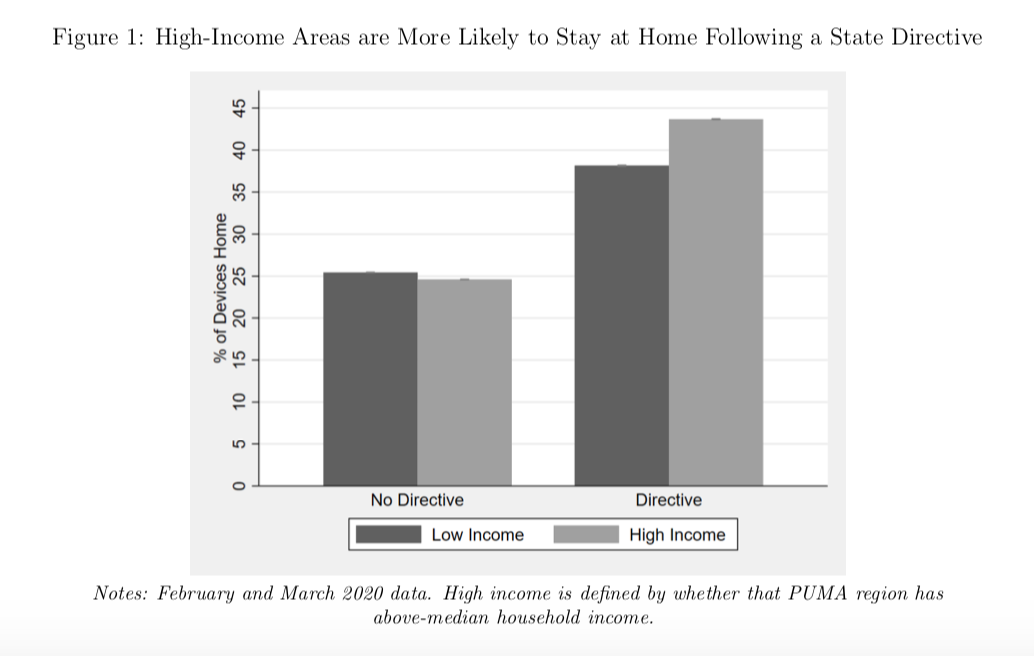European countries and American states were shockingly quick to impose blanket lock-downs in response to COVID-19, despite having no empirical evidence that such extreme measures would be effective, let alone that they would effective enough to justify the economic and social costs they would entail. Taking such an unprecedented and potentially devastating approach was especially surprizing given that many Asian countries, including Taiwan, Hong Kong, Singapore, South Korea, and Taiwan, were successfully controlling the spread of COVID-19 without lock-downs.
It’s too early to know for sure how effective the lock-downs will be, but the initial evidence raises some doubts. The Asian countries listed above continue to do better that many of the European and North American jurisdictions that have taken the lock-down approach, and, even within the Western world, Sweden and the few American states that haven’t imposed lock-downs appear to be doing comparatively well.
A working paper published this week by the National Bureau of Economic Research cast additional doubt on the efficacy of lock-downs. The authors wanted to know how people’s income effects their rate of compliance with lock-down orders, but a surprizing result of their research is that–regarless of people’s income–the effect of stay-at-home orders on their behavior is surprizingly small.

Which raises an interesting question. If lock-down orders only increase the stay-at-home rate by 15 points–from 25% without an order to 40% with one–are they worth the economic and social costs? Seems unlikely.
And, even if stay-at-home orders can be justified as a short-term measure, they obviously can’t go on forever, which raises some other interesting questions. What are the politicians and bureaucrats doing to ensure that we can stay safe without such orders? Where are the surgical masks? Where are the fast, cheap, accessible test kits? Where are the encrypted contact tracing apps for our phones? Politicians and bureaucrats should stop worrying about drive-in church services and families playing alone in the park, and start worrying about finding practical ways to keep us safe without trampling on our rights.


